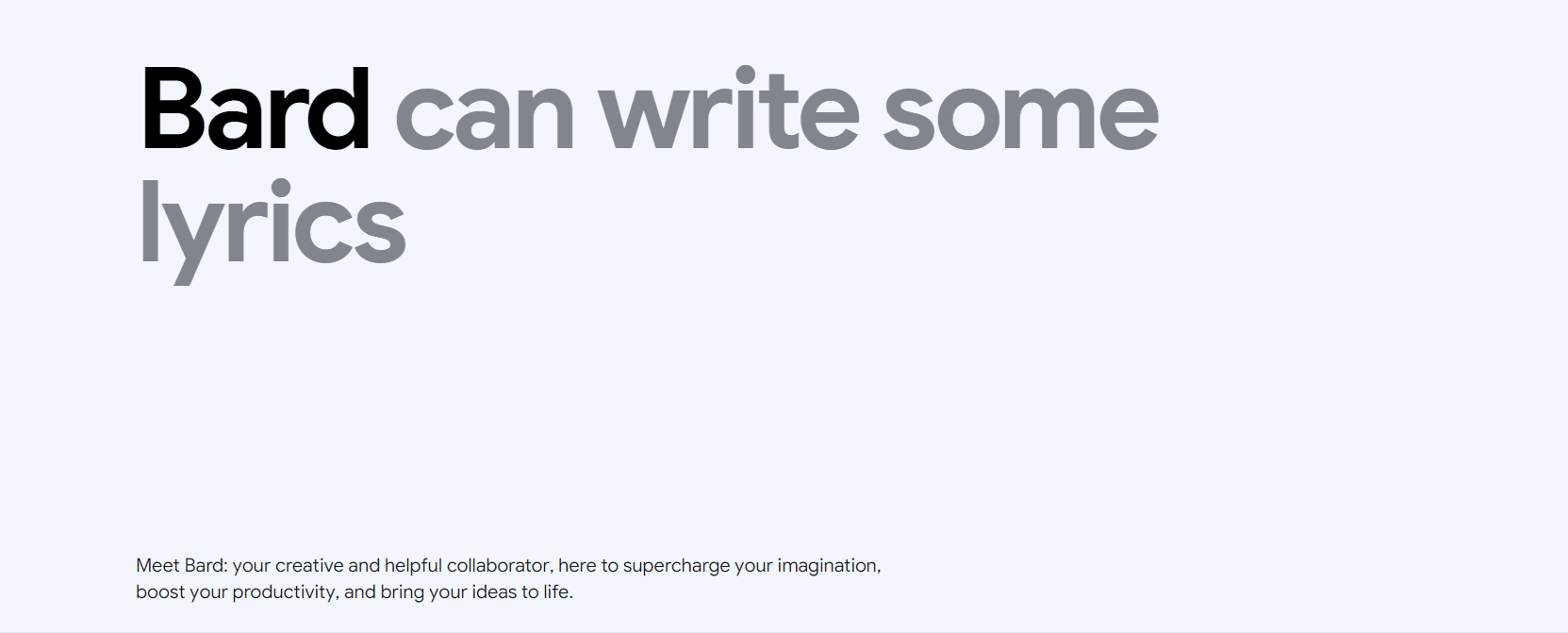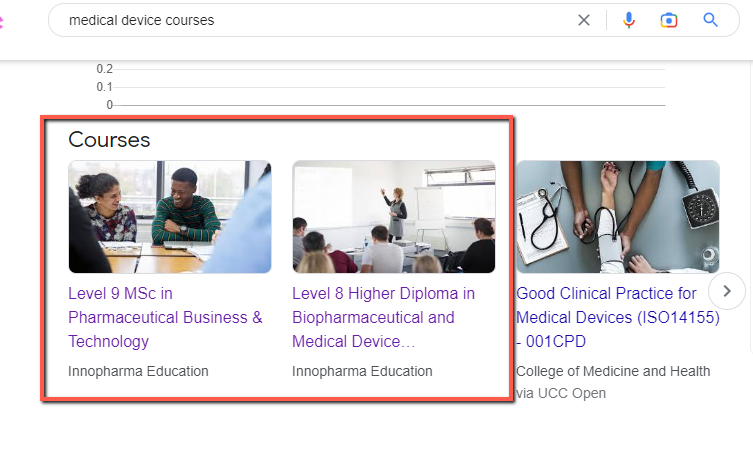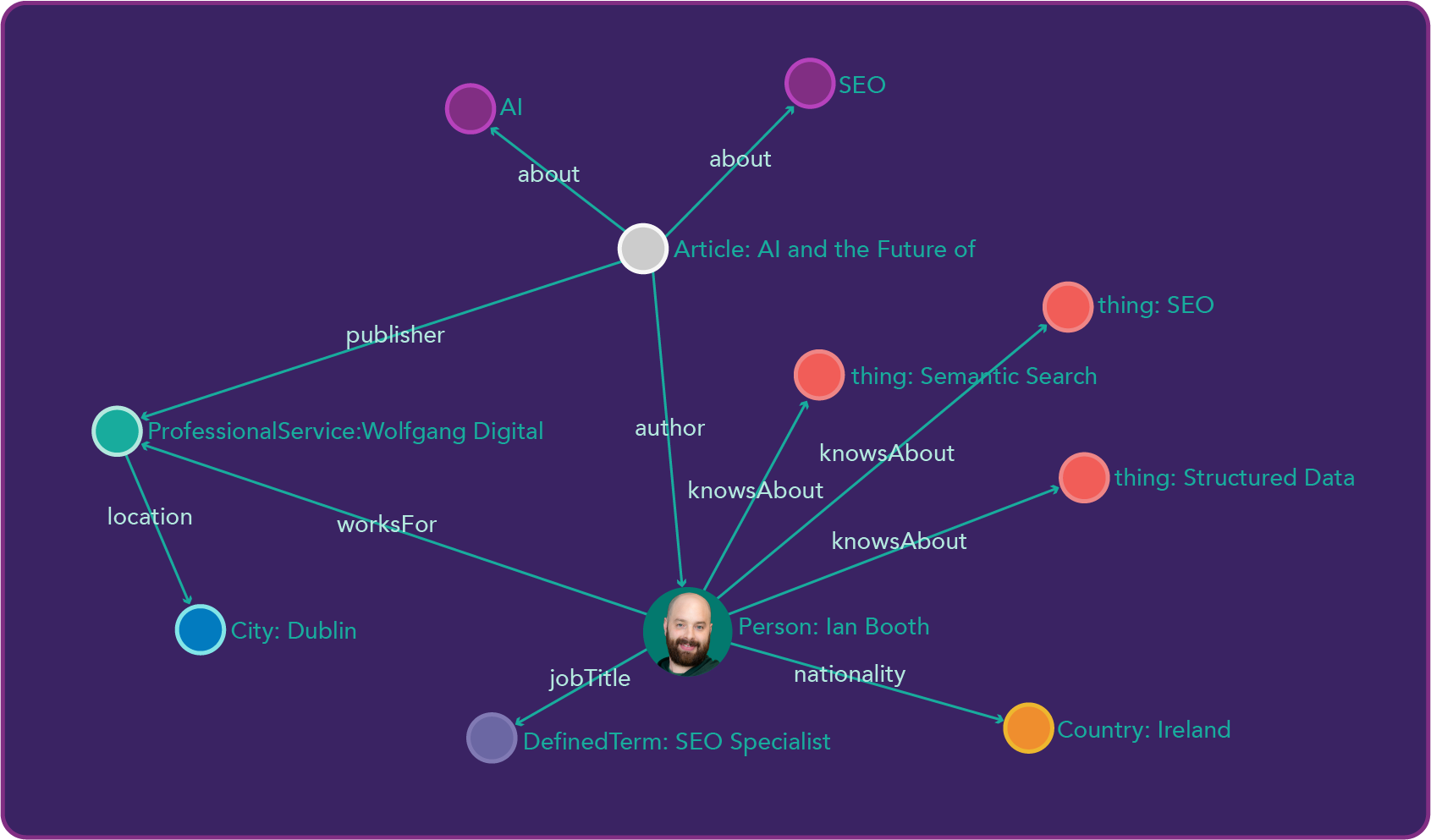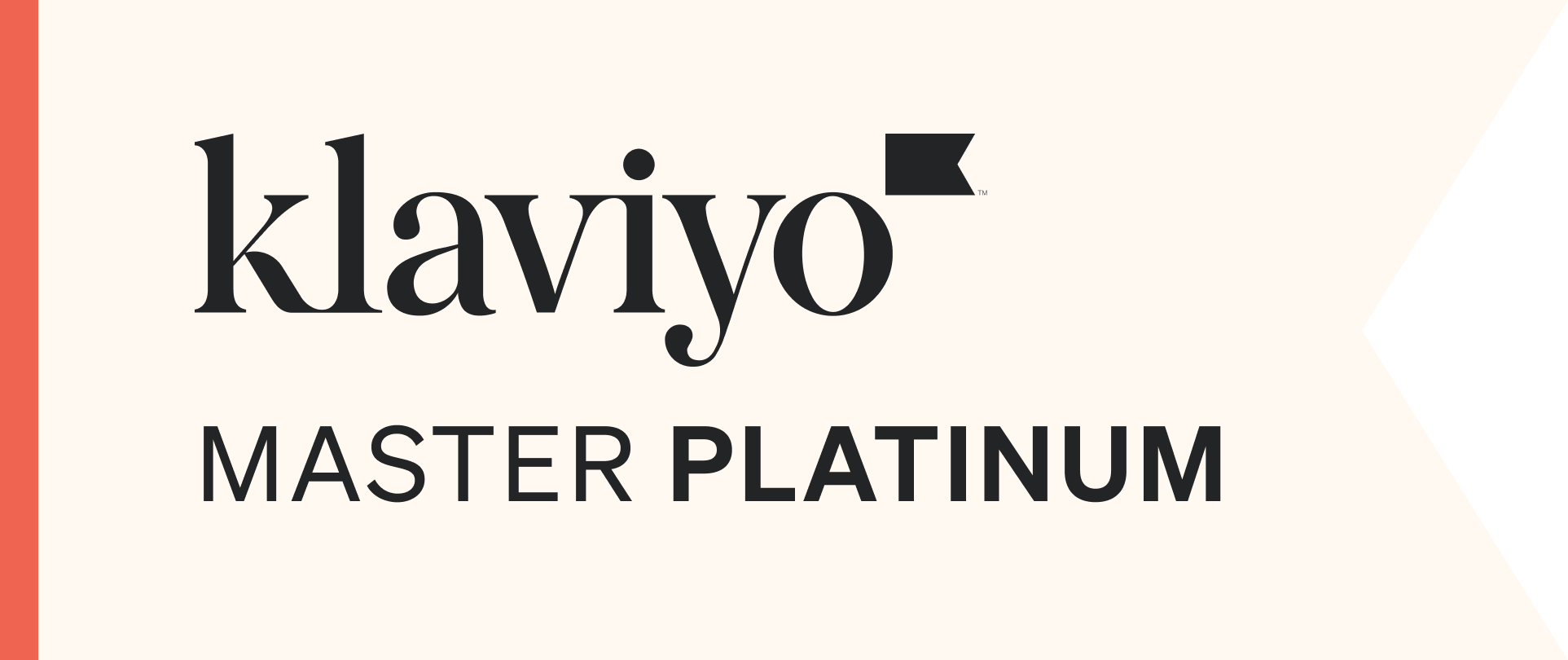By Ian Booth on 12 Jul 2023
Why You Can No Longer Ignore Your Structured Data
The world of SEO (and technology in general) is in a real moment of pivotal change. Artificial Intelligence is coming at us thick and fast. Generative AI chatbots powered by large language models (LLMs) have been the buzz of the marketing world in 2023 and 2024. I’m talking about ChatGPT of course (who isn’t?), but also Bing search powered by ChatGPT, Google’s ‘Bard’ ,‘Magi’ and Gemini with their “Search Generative Experience (SGE)”. It’s all moving so fast!
Clients have been eager to learn how we can use this AI technology to stay ahead in search - excited by the various innovation and productivity hacks we’re continuously rolling out.
But I’m here to caution that when it comes to SEO, how we use AI is of secondary importance. The real impact for us is going to come from how these new interfaces will affect searchers' behaviour and ultimately our businesses.
“How so?” you may ask.
When these AI Chatbot interfaces become dominant on search engines, it drives our potential customers into a hyper-personalised ‘conversational search’ scenario. No longer will they be plugging their 2 or 3 words into Google in order to find what they’re searching for, from here on many searches will be an ongoing conversation with AI to find what they are looking for.

Getting A Referral From An AI
No doubt this new way of searching will lead to a reduction in organic search traffic to our websites. However, it’s my belief that it will primarily affect generic, informational queries that these LLMs will already have an answer for (possibly learned from our feckin’ content!).
But when it comes to buying products and services, y'know—the stuff that drives the bottom line—Google (as well as Bing et al) will ultimately have to pass users over to a source that they can purchase from— albeit after a conversation vastly longer than the typical 2 or 3-word Google search that we have been optimising for in the past.
By the time our products and services are recommended to searchers, they will have refined their query so much through a chatbot conversation that the pool of relevant potential results will become incredibly small in most cases. The traffic we receive through this conversational search interface will be very far down the sales funnel and likely be very much primed for conversion. That’s the ideal scenario in my view.
But how do we get that crucial recommendation from the AI at the customer’s ‘Zero Moment of Truth’?
I have come to the conclusion that there is one word we should be thinking about when structuring our websites and that word is “Attributes”.
Attributes everywhere! Product pages, about us pages, category pages, author profiles… everywhere. There is no room for ambiguity when we’re feeding content to AI. If we don’t make everything about our business and products clear, it will be missed.
Attributes Are Crucial For Conversational Search
While we know the exact specifications of our own products, services and brand values unless it’s clearly and unambiguously declared, the large language models running the show will not know. This means, as a conversation progresses, the AI chatbots will find it difficult to know if our products are still a good recommendation or not.
When those business-driving conversations are happening between our audience and the AI, to make sure we stay in the picture, the devil is in the detail.
Before I go on, when I say attributes, WTF am I talking about?
Well, yes—colour, size, material, contract length and whatever else that might be relevant to the thing that you want to sell within a given webpage— are all crucially important and you can’t have too much detail when it comes to attributes. But, it’s not limited to just basic descriptors.
When you start combining various attributes from your brand and the products you sell, your uniqueness starts to shine through. And if you have any sort of competition in your market, uniqueness matters immensely.
Your Company Attributes & Brand Values Matter
Think about the more macro concerns that your audience might care about. Many people like to ‘support local’, or buy from ‘family-run businesses’ for example. Are you making your unique business attributes and brand values clear on your web pages?
Adding attributes to the content on the relevant web pages is easy peasy. Use your words! If you want to make it even easier for crawlers to extract meaning from your content use structured content with the help of HTML elements like lists and tables. Anyone can do this stuff.
But, if you want to beat your competitors and feed completely unambiguous content to the likes of Google and future versions of ChatGPT, then I have the secret ingredient. It’s something you may have heard plenty about before, but the question is are you using it and using it effectively to get a head-start in the conversational search race? I am talking about structured data, in the form of Schema.org markup.
I truly believe that utilising ‘semantic’ schema markup is what will give your business a leg up in this brave new world of AI chatbot search.
The Benefits of Schema
‘What exactly is this Schema Structured Data you speak of?’ I hear you say. I’d go on all day about Schema, given half a chance, but let’s not.
Put simply, Schema.org is a structured data vocabulary founded in collaboration with all the major search engines. While it is an open-source and community-driven project, it appears to me that its main custodians are Googlers with Dan Brickley (a semantic technologist at Google) at the helm.
There are many benefits that come with the use of Schema markup. The website owner can get richer results on Google, like those stars you’ll see for reviews, FAQ accordions and product details (price, availability..etc.) among various other treatments to a page’s result. This is not new. Most people in digital marketing will know something about Schema and rich results. You might even have a plugin that does the Schema for you, but gimme a sec, we’ll discuss that in a bit.
Having the latest and greatest schema on your page can give you great advantages when it comes to rich results. For example, we added the ‘Courses Schema’ to the Innopharma Education website, utilising the Schema.org vocabulary. More than six months later, we noticed that Google started to test out the new SERP feature and our client dominated the SERPs, thanks to schema markup.

But what does Googlebot (and other web crawlers) stand to gain from this type of markup?
Well, this is the really exciting part.
It enables web crawlers to extract the deeper meaning they crave from our web pages. That's what I mean by “semantic Schema” - it’s applying this deep and interconnected meaning to your website. This kind of structured data is very literally speaking Google’s language. It’s a question-and-answer scenario i.e. “name”:”Ian Booth”, “knowsAbout”:”SEO”. There’s no room for misinterpretation there. It’s unambiguous!

Telling A Story Through Structured Data
There is a Schema.org type for practically everything you can think of. From the very broad type “thing” which is vague but relevant for all “things” to more specific types, like “InsuranceAgency” and “FinancialProduct”.
When we add schema, we have a chance to tell a story, in structured data. This means we can add context to the content and the entities or things mentioned.

The above is a visualisation of the Schema markup that represents this article. Look at the story it tells. This is an article, about SEO and AI, published by the Dublin-based professional service Wolfgang Digital, its author is the Irish SEO Specialist from Wolfgang Digital; Ian Booth, who knows about SEO, Semantic Search and Structured Data.
While many of you will infer a lot of that information with your human brains, a web crawler can’t confidently make such inferences unless we unambiguously tell them these things. What you don’t see in this visualisation is how we point to various other places on the website such as pages that are dedicated to topics like SEO, Structured Data, and Wolfgang Digital, as well as my LinkedIn, for example. Web crawlers can get loads of added context from those sources.
Connected Schema & Your Website’s Knowledge Graph
When we start connecting Schema in this way we begin to create a knowledge graph, just like Google or Bing and guess who loves knowledge graphs. AI does!
When we build our websites in a logical hierarchy of information and use structured data to help machines to see the connections, it’s easy for AI to have confidence in its understanding of the information and the connections between the various pieces of information across your website. Soon enough we form a graph of information across the site and begin to demonstrate strong topic coverage and hopefully build topical authority.
The Wolfgang Essential Takeaways
Ok, that was maybe a lot to take on board today, so here is the TL;DR with some of the key points to ponder upon for the next while:
- SEO is evolving, and user behaviour will change with that. AI-driven conversational search is important and we have to adjust our SEO and content strategies for this. From now on, optimising for winning the AI chatbot recommendation is now part of our SEO decision-making.
- We need to clearly point out all the attributes associated with our business, brand, people, products, and services within the content of the pages on our website. If we don’t talk about the attributes in our content, AI will filter us out of conversations where we could actually be the perfect recommendation.
- Structured data in the form of Schema markup is a tool we can use to unambiguously tell search engines and future versions of AI apps what our content, products and offerings are about. Adding ‘under the hood’ context on top of clearly written on-page content will assist AI’s understanding of what we can offer.
- Use structured data to tell a story, by connecting all your schema parts together and referencing other parts of your site as sources of deeper information. This means we have a knowledge graph for machines to keep learning and making connections.









